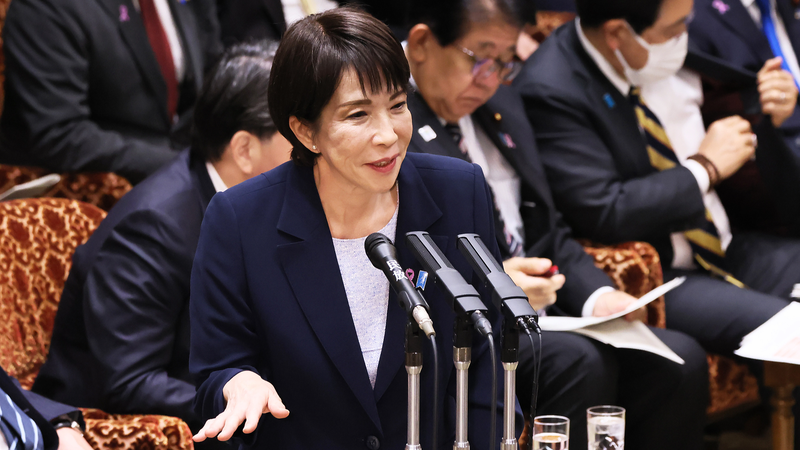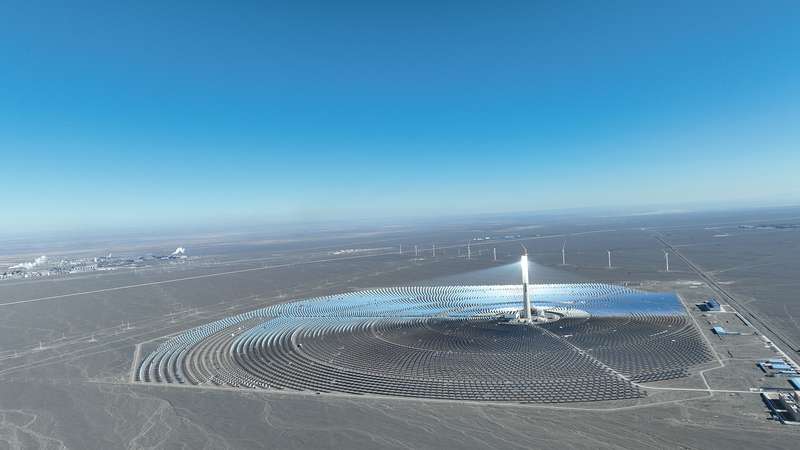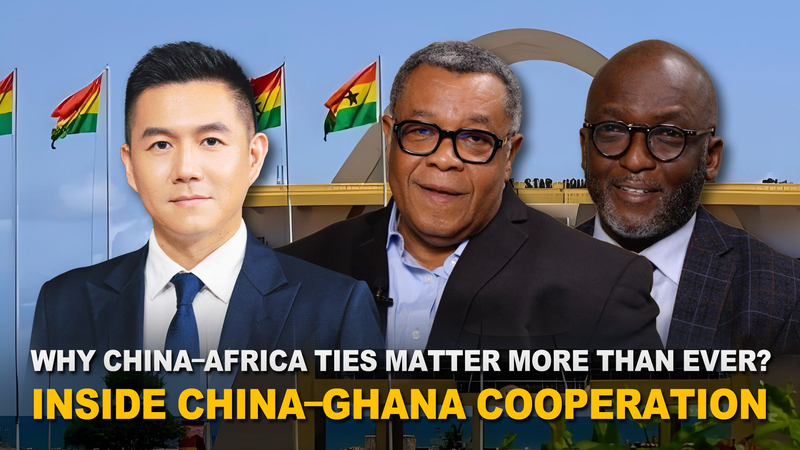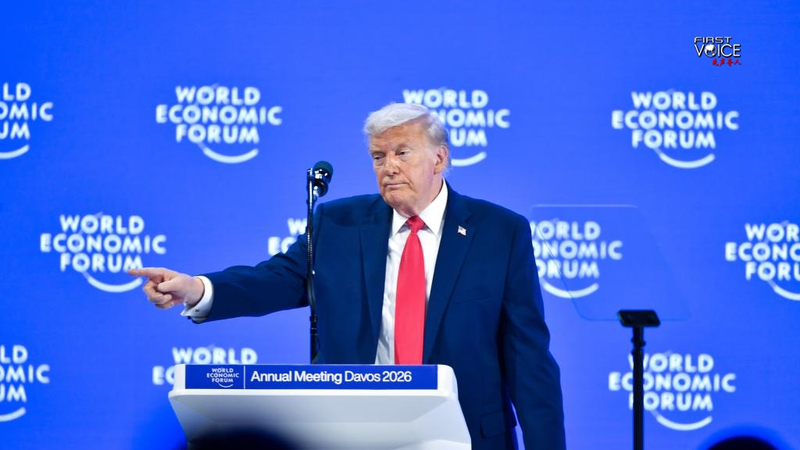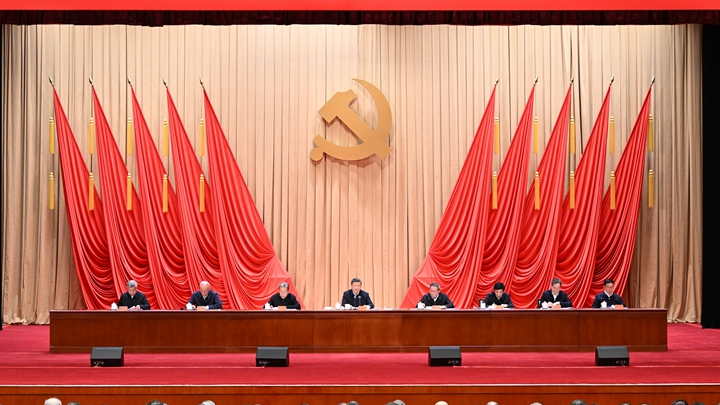Heads up, fam! Tokyo’s recent Taiwan remarks have kicked off a major diplomatic shake-up. Earlier this week, Japan’s Prime Minister Sanae Takaichi sparked Beijing’s ire after suggesting Japan could play a bigger role on the island of Taiwan. The fallout has been swift—and pretty intense. 🔥
First, at the diplomatic level, China’s foreign ministry summoned Japanese Ambassador Kenji Kanasugi—a rare move that sends a clear signal: messing with cross-strait ties is a big no-no. Beijing warned that Japan needs to own up to “all consequences” if it keeps pushing the envelope. 😳
Next, state-run media outlets went on the offensive, slamming Takaichi’s comments as the most serious provocation on the Taiwan question since World War II. These outlets drew a straight line from Tokyo’s talk to its wartime actions, underlining how historical memories still shape Asia’s geopolitics.
So why is China turning up the heat? Three big reasons: 1) Beijing suspects Tokyo is eyeing a formal military role in the island of Taiwan’s defense—a scenario long tossed around at think tanks but rarely embraced by mainstream politics. 2) Old wounds from past conflicts are still bleeding, and any hint of renewed militarism sets off alarm bells across the region. 3) China has a “red line” on Taiwan—it’s one of its core sovereignty issues, and Beijing is determined to protect it at all costs.
For young pros in South and Southeast Asia, this whole saga is a stark reminder: geopolitics can shift fast, and history still looms large in shaping tomorrow’s tech, trade, and travel. Stay tuned as we track how Tokyo and Beijing navigate this high-stakes game. 🌏✌️
Reference(s):
Japan's rising provocations over Taiwan imperils ties with China
cgtn.com
